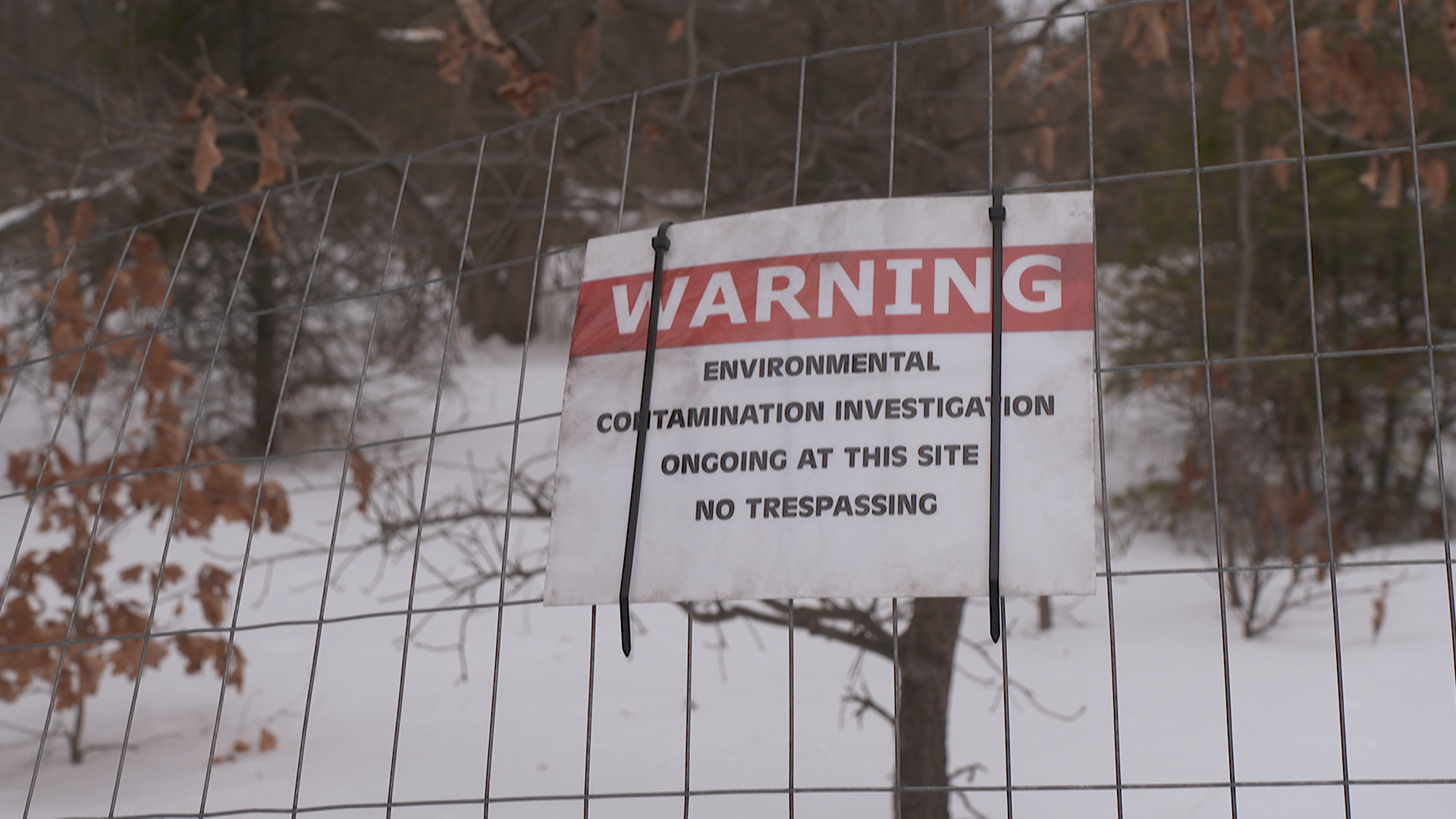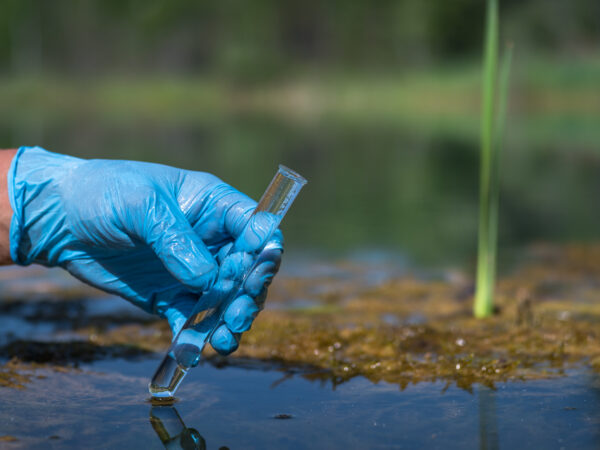
PFAS, short for per- and polyfluoroalkyl substances, are a group of widespread man-made chemicals that don’t break down in the environment or the human body and have been flagged as a major contaminant in sources of water across the country.
Keep up with PFAS-related developments in the Great Lakes area.
Click on the headline to read the full story:
Illinois:
- Illinois Sues Coal Company for Alleged PFAS Discharge Violation – Bloomberg Law
Illinois charged a St. Louis-based Foresight Energy subsidiary with discharging “forever chemicals” into waters near one of its coal mines.
In a Friday filing Attorney General Kwame Raoul (D) alleged Sugar Camp Energy LLC violated the state’s Environmental Protection Act by causing water pollution, creating a water pollution hazard, and producing discharges in violation of the coal mine’s National Pollutant Discharge Elimination System permit.
Michigan:
The old Wolverine Worldwide tannery site located at 123 North Main Street along the east bank of the Rogue River, and the company’s old dump site at 1855 House Street in Plainfield Township are going through an EPA evaluation to be placed on a list of the country’s most contaminated places.
The first civil trial to arise out of Michigan’s multi-year pursuit of cleanup at toxic PFAS contamination sites is scheduled to take place this summer.
Asahi Kasei Plastics North America, a Fowlerville manufacturer that previously owned a polluted site in Livingston County, is asking a judge this week to delay the trial in case filed two years ago by Attorney General Dana Nessel.
Wisconsin:
- Lake Superior’s Forever Chemicals – The Washington Post Magazine
Early last year, the state of Wisconsin issued a fish consumption advisory that recommended eating no more than one meal a month of Lake Superior rainbow smelt, caught by tribes and local anglers during smelt runs in the spring. It was the first advisory for any of the Great Lakes warning of fish with elevated levels of PFAS.
PFAS are known as “forever chemicals” because they don’t break down in the environment. After years of industrial use, the federal government recently took steps to regulate them. But will it be enough to assure the safety of the Indigenous people who have fished on the lake for thousands of years — and depend on the fish for survival?
- Open house on PFAS investigation set for next month, Air National Guard says – Wisconsin State Journal
Officials with the National Guard and Dane County Regional Airport will update residents next month on an investigation into the presence of so-called “forever chemicals” on airport grounds that have contaminated Madison’s lakes and streams, the Air National Guard said Tuesday.
- With PFAS cleanup years in the future, National Guard says its moving ‘quickly’ on Truax investigation – Wisconsin state Journal
The National Guard says it is moving at a “really quick pace” to investigate toxic pollution at Truax Field, though it could take more than a decade to begin actual cleanup.
Testing of groundwater under the base has revealed fluorinated compounds known as PFAS at levels thousands of times above proposed state standards, but the federally-guided process requires years of study, planning and approval.
A Canadian company has launched a bioremediation effort around the Dane County airport and National Guard air base that deploys soil microbes to consume the vexing chemicals — within weeks, early results showed positive outcomes, but the science behind this work remains unclear.
National:
- ‘Buckle Up’ for PFAS Regulation, Litigation in 2022, Lawyers Say – Bloomberg Law
Industries are advised to brace for more federal moves next year to reduce and control “forever chemicals,” including plans by the EPA to propose water and waste regulations for two per- and polyfluoroalkyl substances, or PFAS.
The Environmental Protection Agency also will be gathering data on other types of PFAS in 2022 that could shape future regulations. Meanwhile, states are expected to take steps to eliminate uses of PFAS and the volume of them that goes up smokestacks, into water, and onto land, attorneys say.
The agency said it was acting in response to a 2020 petition by six North Carolina public health and environmental groups, including the Center for Environmental Health, that had asked the agency to require studies of PFAS.
Catch more news on Great Lakes Now:
PFAS News Roundup: PFAS can move from water to air, DoD efforts to clean up PFAS skewered
Featured image: Sign warning for environmental contamination (Great Lakes Now Episode 1012)




